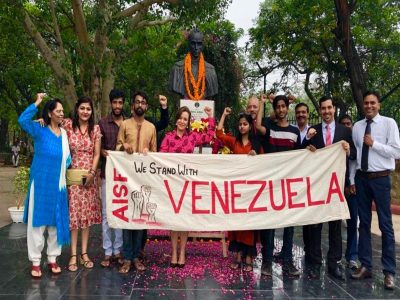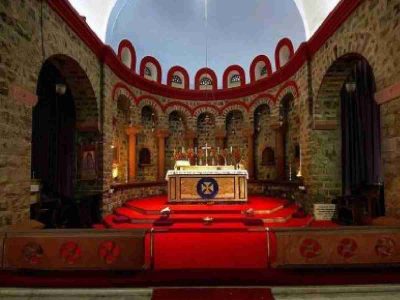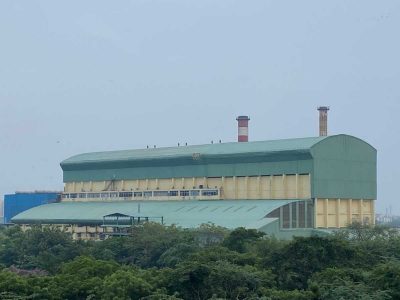Among the many sepia-coloured pictures adorning the wall of the office of Kerala Club in Connaught Place, is one of C. Krishnan Nair.
A Malayali and a steadfast Gandhian, Nair was a Congress candidate from the Outer Delhi constituency in the first and second Lok Sabha elections held in 1952 and 1957 respectively. He was also known as the Gandhi of rural Delhi.
Nair humbled his rivals on both occasions and represented the Outer Delhi seat in the lower house of the Parliament. It is anybody’s guess as to how many Congress leaders/workers of Delhi now would have heard of his name.
While Nair was the first Malayali to be elected to Lok Sabha from Delhi, Ambala-born Sucheta Kripalani, a freedom fighter and an associate of Mahatma Gandhi, became the first Bengali to be elected to the lower house from the national capital, in the first parliamentary election.
She contested from New Delhi on the ticket of Kisan Mazdoor Praja Party, founded by her husband JB Kripalani, known popularly as Acharya Kripalani and defeated Congress’ Manmohini Sehgal. In 1957, she switched to Congress and was re-elected.
The first two Lok Sabha elections created a false impression that Delhi is an inclusive city and ready to elect non-Hindi speaking candidates.
Says veteran journalist Jayanta Roy Chowdhury, “Those were the days when Jawaharlal Nehru had a huge impact in the country. The voters used to identify with Congress. In that backdrop, Delhi had voted for the non-Hindi speaking candidates like C. Krishnan Nair and Sucheta Kripalani.”
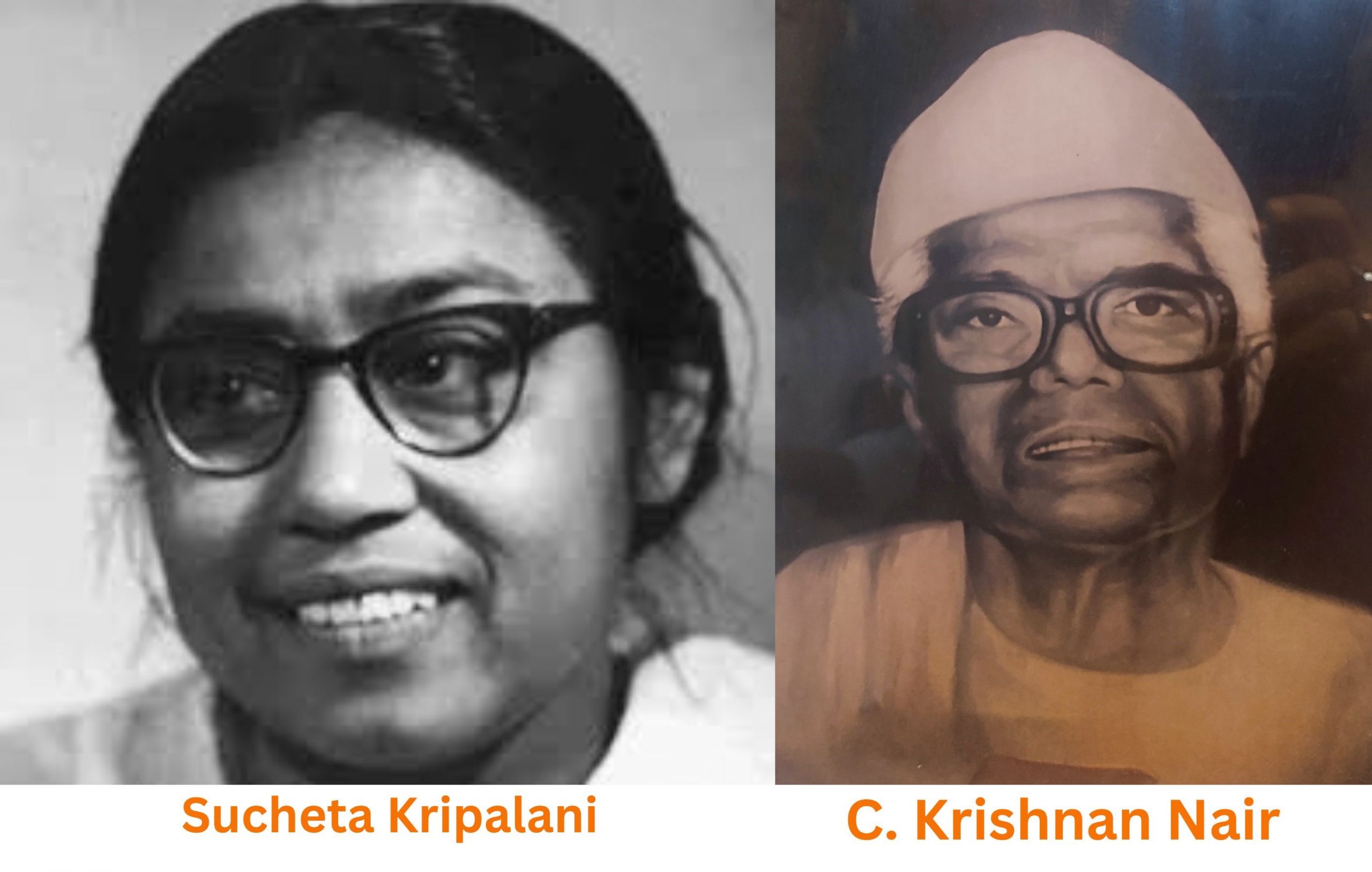 Besides Nair and Sucheta Kripalani, only Mukul Banerji was among the non-Hindi speaking candidates elected by the voters of Delhi. She was elected on Congress ticket and served as Member of Parliament between 1971-77.
Besides Nair and Sucheta Kripalani, only Mukul Banerji was among the non-Hindi speaking candidates elected by the voters of Delhi. She was elected on Congress ticket and served as Member of Parliament between 1971-77.
Delhi has been mainly electing Jat, Gujjar, Punjabi and Baniya candidates without fail since the inception of elections in independent India.
“Mukul Banerjee was related to the famous Delhi doctor Dr Ghoshal of Jor Bagh. She was Indira Gandhi’s personal choice and despite a strong Jan Sangh undercurrent in New Delhi — especially among government babus and traders — she surprised everyone and won. Her clean image and respect that her family commanded alongside Indira Gandhi’s charisma carried the day,” informs Chowdhury.
As Delhi goes to poll on a hot and blazing May 25, it is almost certain that its residents would once again elect candidates from among the Jat, Gujjar, Punjabi and Baniya. Manoj Tiwari (from East Delhi) and Mahabal Mishra could be exceptions.
Chaudhary Tarif Singh, who was elected to Lok Sabha from Outer Delhi in 1989, says that it is indeed a sad commentary on political parties that they are not giving fair deal to non- Hindi speaking people living in Delhi.
“It is sad to see the leadership of all the political parties being less than fair with non-Hindi speaking residents. They must look within and start giving tickets to Bengalis, Tamils, Malayalis and others in Lok Sabha, assembly and municipal corporation elections.”
In the 1980 Lok Sabha polls, Congress fielded senior Kerala leader CM Stephen from the prestigious New Delhi seat against BJP stalwart Atal Bihari Vajpayee. The tall and dhoti-clad Stephen, a trade union leader, used to address in Malayalam and his speeches would be translated into Hindi there and then. Stephen had given Vajpayee a run for his money though he lost by a very small margin. Thus, he could not become the second Malayali to be elected from Delhi after C. Krishnan Nair.
“Perhaps not many people know that Delhi Development Authority (DDA) was established thanks to the untiring efforts of C. Krishnan Nair. He kept on meeting the then Prime Minister Jawaharlal Nehru to convince him that in order to resolve the housing needs of Delhi, it must have some authority that acquires land, develops plots and builds flats,” informs AJ Philip, a noted author and ex-Editor of The Indian Express and The Tribune.
Phillip and his friends from Kerala Club have been trying hard since long to get a road adjacent to Uttara Guruvayurappan Temple in Mayur Vihar named after Nair.
Delhi had witnessed huge migration of people, especially from Bengal and present-day Tamil Nadu post 1911 when the capital of India shifted from Kolkata to Delhi. These migrants were mostly Babus (clerks) working in the Central Government offices. They got jobs here as they knew English.
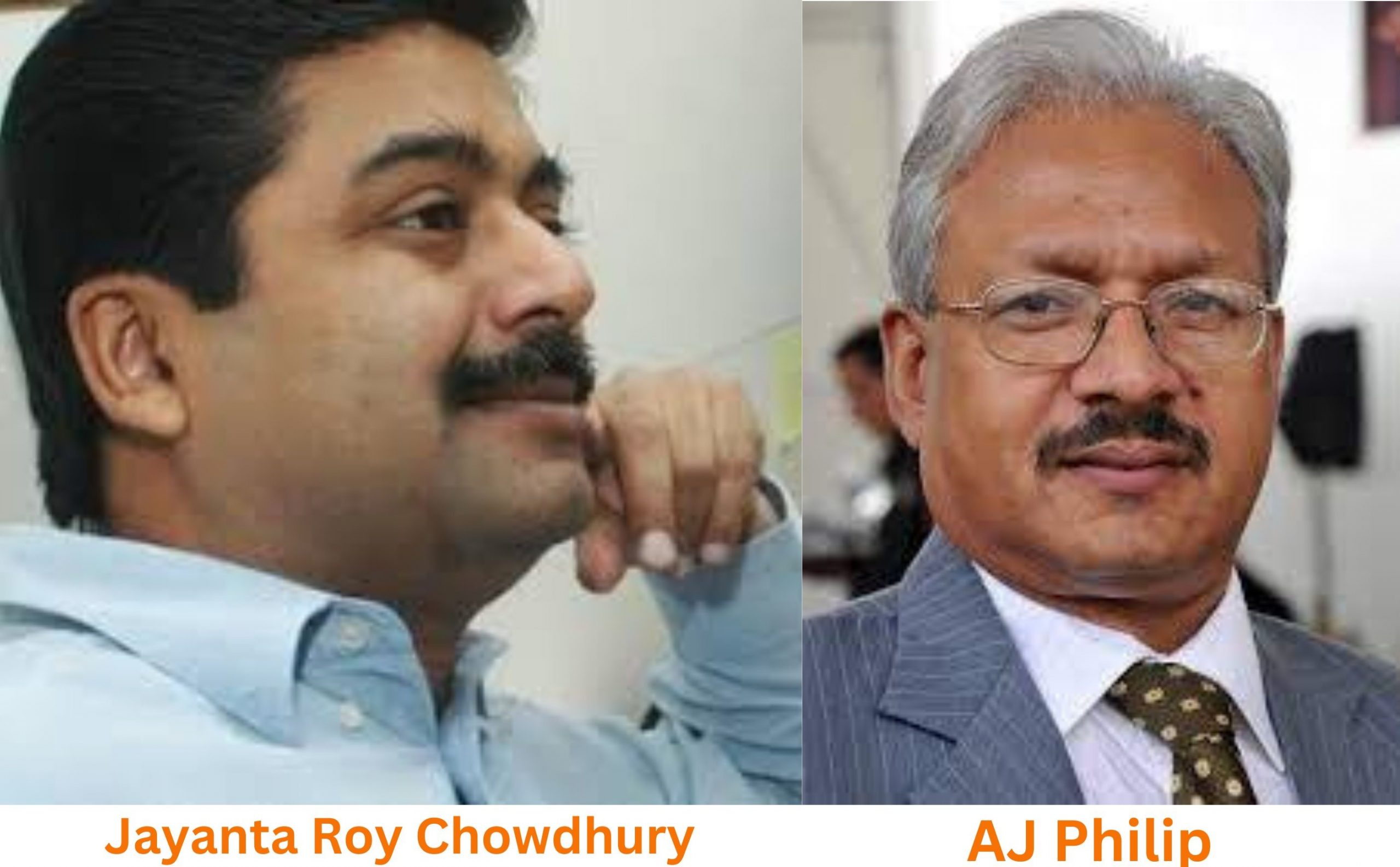 A Delhi-based Tamilian, 66-year-old Bhaskar Rammurthy, who is a native of Laxmi Bai Nagar in South Delhi and is a Tamil/Hindi poet, says that people like him deserve more in the political space of Delhi.
A Delhi-based Tamilian, 66-year-old Bhaskar Rammurthy, who is a native of Laxmi Bai Nagar in South Delhi and is a Tamil/Hindi poet, says that people like him deserve more in the political space of Delhi.
“Our seniors have done yeoman service in all walks of life in Delhi, especially education. They established many schools like DTEA, Andhra School, Kerala and Kannada schools over the last many decades. The south Indians have played a key role in making Delhi a city worth living. However, no political party worth its salt did justice to us. Forget about Lok Sabha elections, they have not considered us even for Assembly or MCD elections,” adds Rammurthy, whose anger is understandable.
Shanti Desai, a Gujarati, was a top-notch BJP leader Delhi in 1980s and 1990s. He even served as Mayor of Delhi. However, he was never considered for Parliament even though he was a contemporary of the likes of Madan Lal Khurana, Kedar Nath Sahni and Vijay Kumar Malhotra.
Meera Bhardwaj, a Malayali married to well-known journalist PK Bhardwaj, got elected to Delhi assembly in 1993 from Patparganj in East Delhi. Sadly, Congress denied a ticket to her in the 1998 Delhi assembly polls.
But for these small examples, Delhi’s track record in giving representation to non-Hindi speaking people is abysmal. It shows that Delhi still has a long way to go to be truly an inclusive city. Delhi has missed several opportunities in the past to become like Mumbai or at least show to the world that it is trying hard to become like Mumbai when it comes to diversity.
Let us talk about the result of the 2022 MCD polls that clearly and conclusively proved that though Delhi is the national capital, it is still very parochial when it comes to politics. It seems to not think beyond Hindi speakers when choosing candidates for corporation, assembly and Lok Sabha seats. Delhi likes to elect only locals or those who hail from north Indian states.
The list of winners of the last MCD poll reveal that all the 270 candidates elected to MCD are either from Delhi or have some connection with Uttar Pradesh, Uttarakhand, Bihar, Punjab and Haryana.


